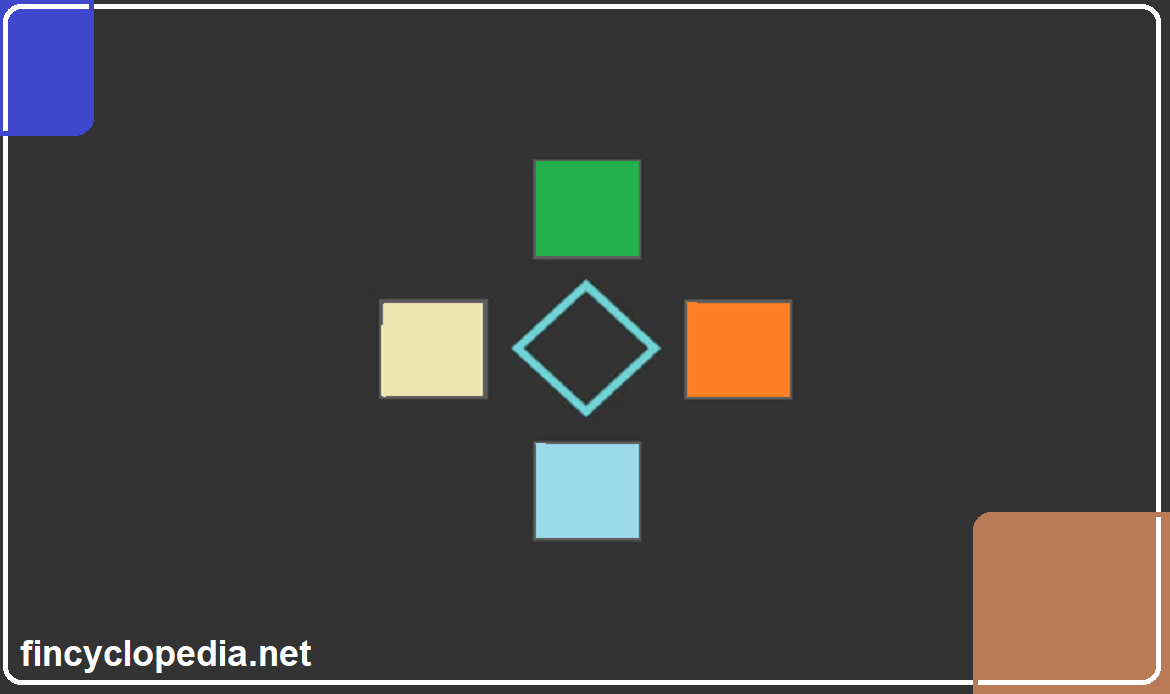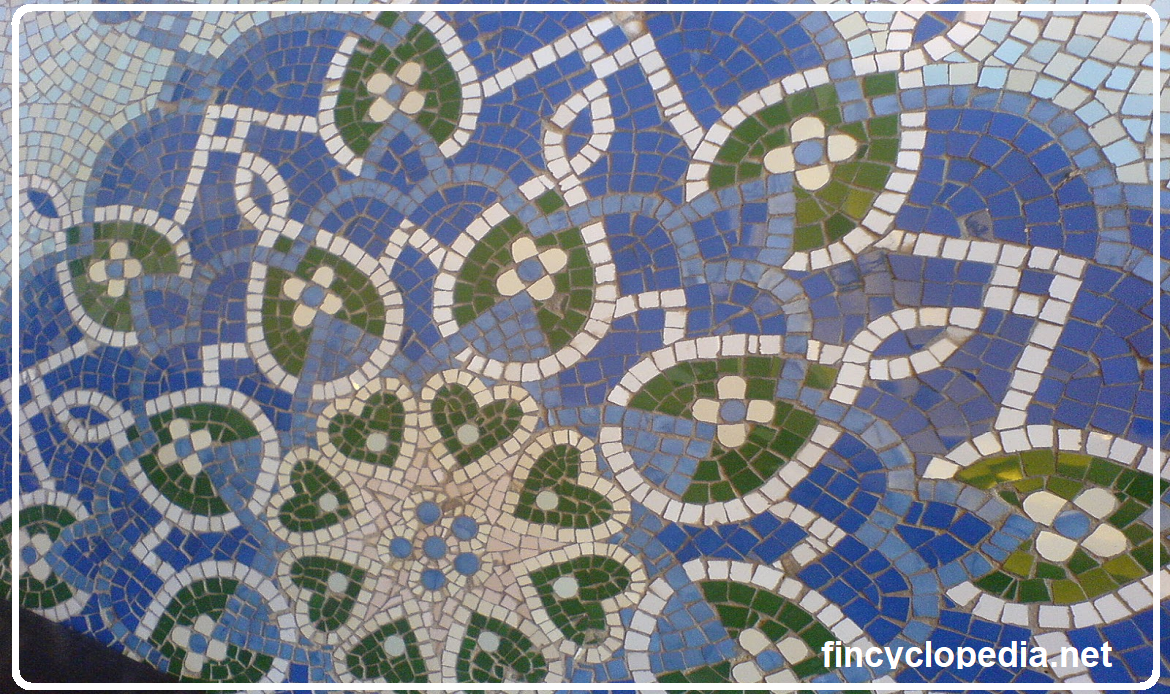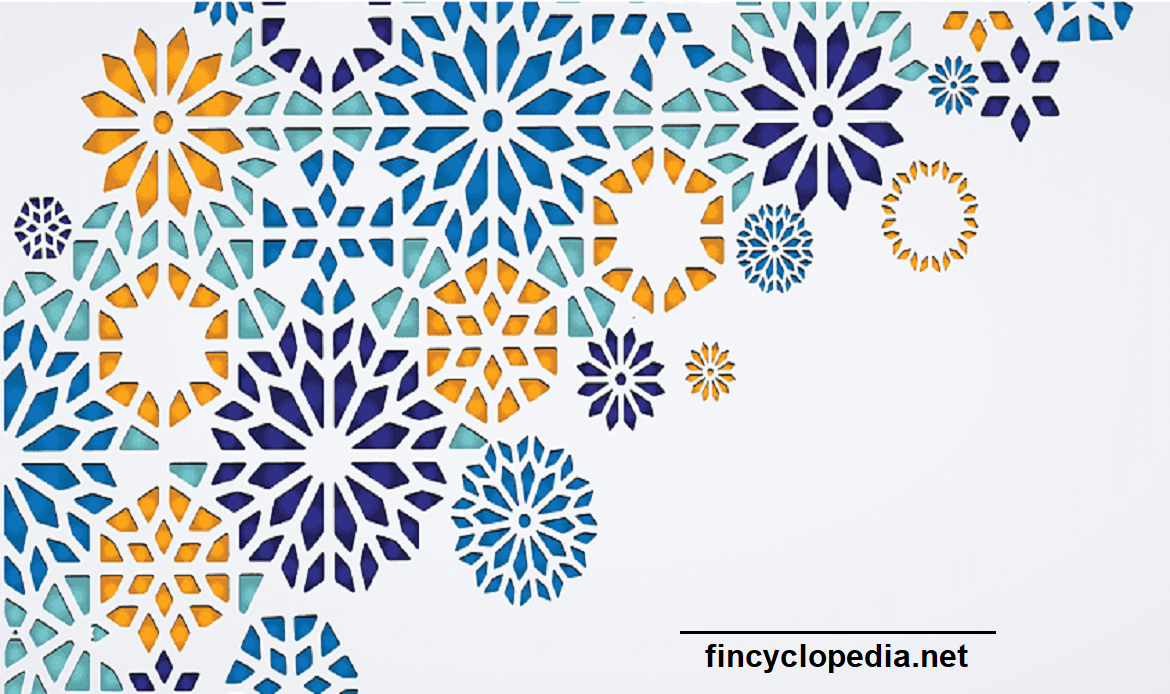By definition, murabaha is a type of sale (ba’i or bay’) in which the seller candidly reveals to the buyer the cost of the underlying commodity (as originally incurred by the seller), on the agreement that a specific amount of profit (mark-up/ ribh) will be added thereto. In this sense, murabaha is not an interest-bearing loan (qard ribawi); it is, rather, a sale of a commodity for cash/ deferred price.
Murabaha (cost-plus sale) can be used as a financing mode for different maturities (short/medium/long). Among the most common uses of murabaha in the realm of Islamic banking and finance are the following:
- Asset financing.
- Import financing.
- Export financing.
- Consumer goods financing.
- Raw material financing.
- Inventory financing.
- Equipment financing.
- House and office financing.
- Land financing.
- Vehicle financing.
- Packaged service financing (e.g. health care, education, etc).
- Murabaha sukuk (securitization of murabaha receivables- at par value).







